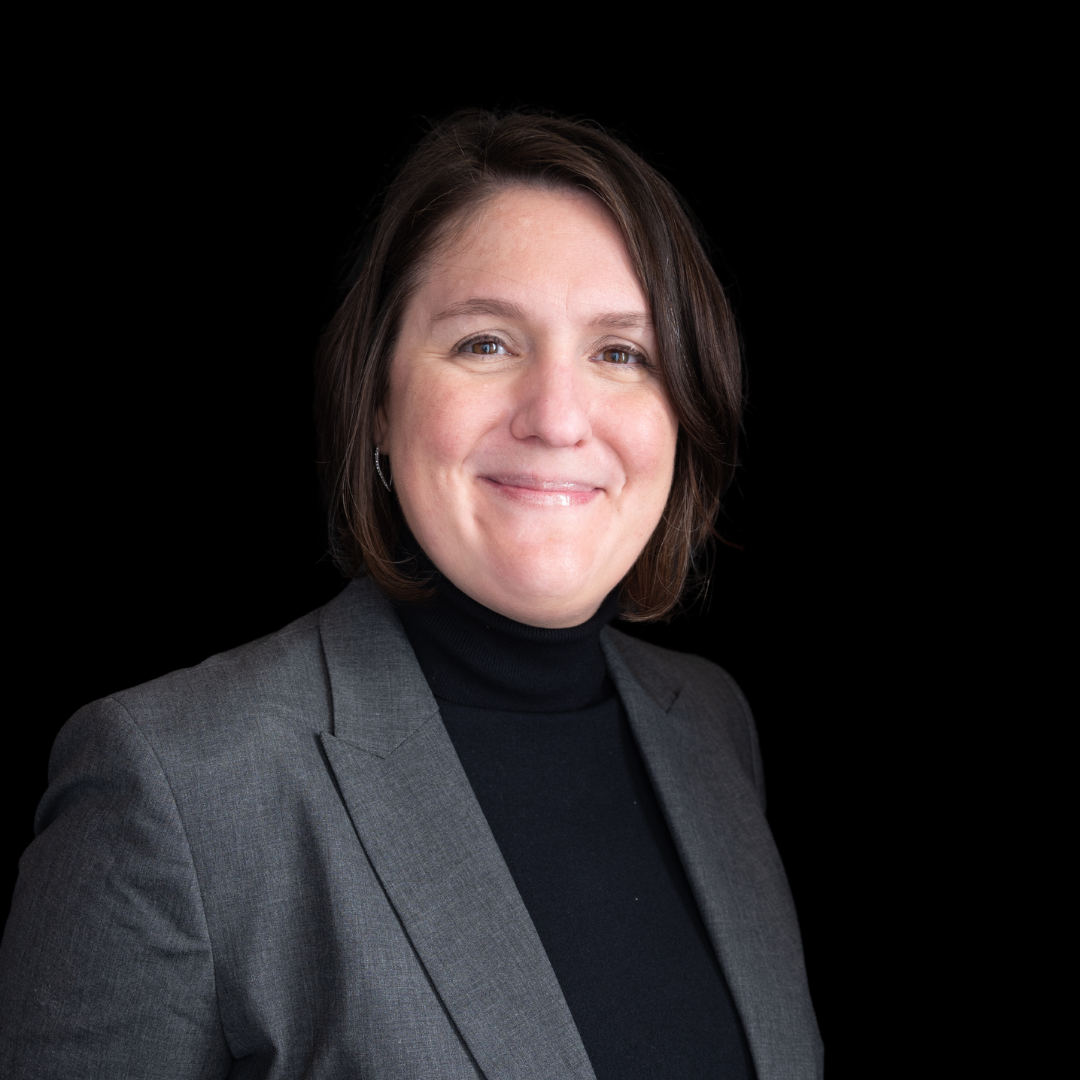
Coming up with an idea for a business and then taking that idea and turning it into reality isn’t for everyone. But is it even possible in a profession like respiratory care?
 Amanda Clark is currently running two businesses designed to improve the lives of those living with chronic lung disease.
Amanda Clark is currently running two businesses designed to improve the lives of those living with chronic lung disease.Amanda Clark, RRT, is living proof it is. Over the past decade, she has launched three companies designed to provide solutions for people living with chronic lung disease.
Company number one
Clark got into the profession mainly because her family has a strong history of lung disease. Her mother, sister, and aunt all have asthma, and her grandmother suffered from COPD due to years of smoking.
She graduated from NorthWest Arkansas Community College in 1998. Over the next 13 years, she worked in positions ranging from bedside practitioner to asthma educator. And yet, she says she most enjoyed her time spent in the pulmonary laboratory at Arkansas Children’s Hospital (ACH), where she learned more about what it takes to diagnose and monitor chronic lung conditions.
When working as an emergency department therapist in 2012, she was struck by the number of children with asthma she saw regularly and started wondering how these “frequent flyers” were being tested and managed at the primary care level. That led to the first company she ever started, called AsthmaABC.
“I worked with a local pediatrician to get started and contract asthma diagnostic and management services in his practices,” she said. “I did that for about seven years. However, the reward of watching many of my patients grow up and leave for college with controlled asthma made all that hard work worth it.”
Company number two
Her experience with AsthmaABC segued into one of her current companies, Carolina Diagnostic Solutions (CDS). The idea was to help clinicians better diagnose and manage chronic lung disease by providing spirometry training for clinicians.
“I needed spirometry equipment to pull it off, so I purchased something I had experience with from my ACH days,” explained Clark. “When I contacted the manufacturer, they put me in touch with my local dealer, who I had met working on a project at ACH.”
The dealer offered her a job managing local accounts, and in 2014 she purchased that business from him and formed CDS.
The company has two divisions. One sells respiratory diagnostic testing devices to providers all across the country via an e-commerce website and offers onsite services to clients in the southeast. The second centers around a cloud-based training program that can be customized for individual clients.
“Fast forward eight years and a lot of lessons learned, it has become the top selling full-service dealer in North America for our international partners at Vitalograph,” she said.
Company number three
Training clinicians on the use of spirometry was an important step to achieving her mission to improve chronic lung disease management. But to complete the mission, she knew she would also have to reach chronic lung disease patients.
That served as the impetus for her next company, PulManage, Inc., a firm created to offer remote patient monitoring capabilities for chronic lung patients, focusing on COPD. The telehealth platform uses a mobile app to collect data from a handheld Bluetooth-enabled spirometry device and push that information directly into a secure, web-based application that patients can use to self-monitor symptoms and providers can use to monitor patient conditions on a remote basis.
“I was able to join the University of South Carolina Technology Incubator in 2017,” said Clark. “This gave me access to the university’s mentoring programs, which included interns. I led an intense group of interns for a year to complete a PulManage proof of concept.”
The telehealth aspects of the company were a hard sell at first, but then along came COVID-19. Suddenly doors began to open. “In the spring of 2020, the South Carolina Research Authority approached me to inquire if and how our software could be adapted to impact COVID in the state,” she said.
The product was modified to meet the needs of COVID patients, and a feasibility study was conducted by researchers at the University of South Carolina and the Medical University of South Carolina to determine the technology acceptance of the platform.
But she is still determined to use the technology to help COPD patients better manage their conditions.
“Self-management interventions for COPD remain underdeveloped and underutilized, which is why I am intently focused on utilizing remote spirometry with symptom assessment,” she said.
Clark went on to note that PulManage addresses two key areas for the especially vulnerable COPD population, the 70% misdiagnosis rate in the absence of spirometry and the lack of resources among health care providers to track disease progression outside of office visits. “Benefits include an overall lower cost of care, revenue generation, and increased quality of life,” she said.
Tips for getting started
What advice does Amanda Clark have for her fellow RTs who have a good idea for a company but no idea how to bring it to fruition? Here are her top tips —
- The Bible says in Habakkuk to “write the vision and make it plain.” Regardless of your religion, I believe this is imperative wisdom to anyone looking to start a business. Understanding your core strength and how you’d use that to generate revenue is often a missed concept among many entrepreneurs. However, when established prior to embarking, you will avoid the distraction of “chasing shiny things” and be able to quickly evaluate opportunities through the lens of your mission and vision as they arise.
- Build a network! My network is who I go to when I need help. People generally want to help you succeed. All you have to do is ask. If they aren’t a direct fit, they will introduce you to a contact that is or to the next person to get you to who you need.
- Take advantage of networking opportunities: LinkedIn (send me a request to get you started), AARC (including the state, regional, and national events), local entrepreneurial meetups (in particular, look for those associated with universities), Chamber of Commerce and Small Business Association events, etc.
- Get to know people outside your skill set. They are a tremendous asset and can help you navigate situations that you are less than knowledgeable about. Examples: accounting, computer science, researchers, engineers, consultants, etc.
- Seek available resources. The Small Business Administration has tools to assist anyone looking to start a business.
- Research local organizations that help jump-start businesses in your community. For example, we are a South Carolina Research Authority member company. Working with them has prepared us to conduct customer discovery, market research, and capital fundraising, as well as launch a commercial product. Many states have organizations like this that can assist new entrepreneurs. You just need to look for them.
- It also goes without saying that you need to pay it forward. Be willing to step up and step out for a colleague.
Making a difference
Clark employs 12 professionals across her current operating companies who work as a team to harness the power of technology to help chronic lung disease patients live better lives.
For her, it means honoring the memory of her grandmother too. “Unfortunately, it is too late for this technology to make a difference for my grandmother,” she said. “However, that experience is not in vain. Imagine what a difference we could make for so many lives.”





